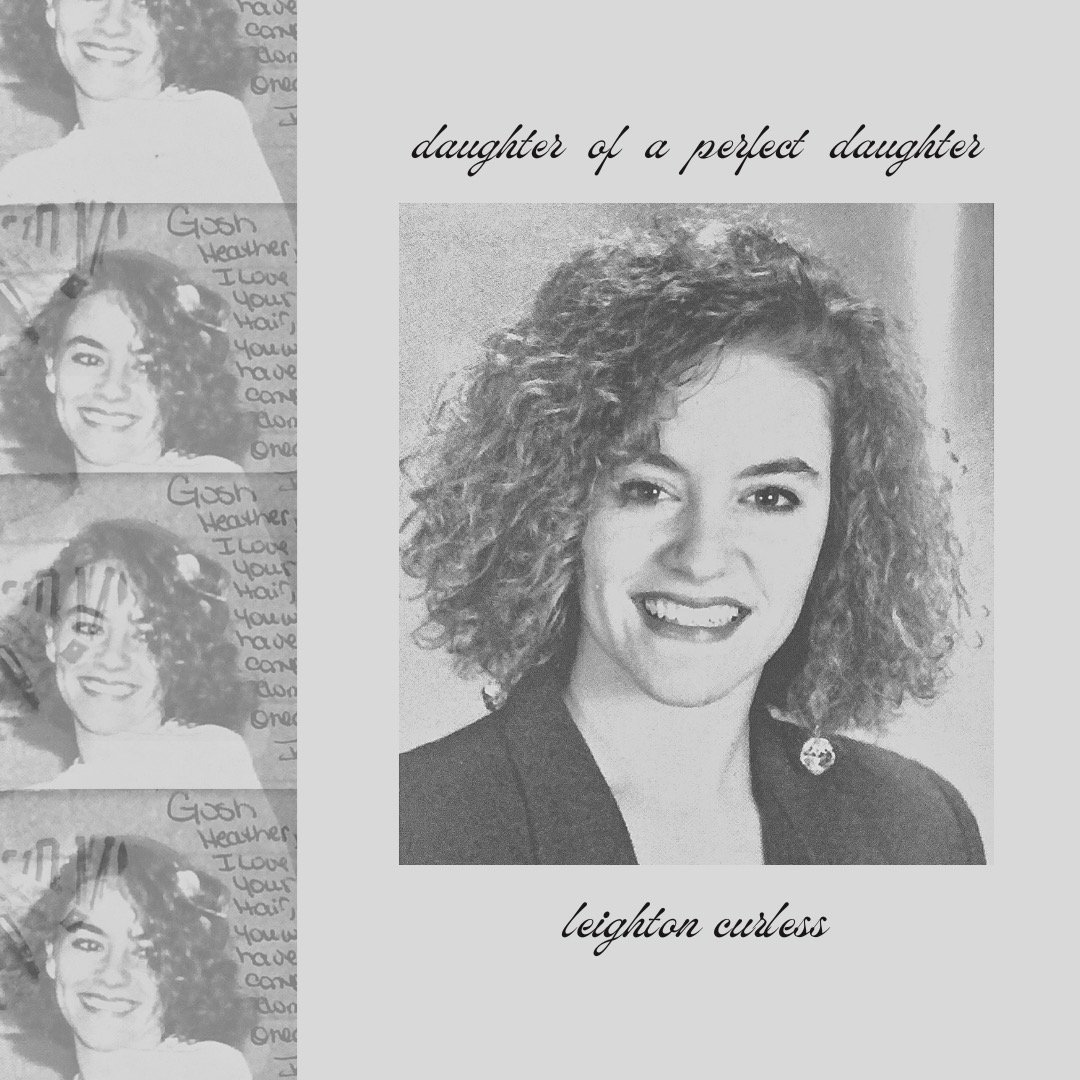“It is history’s only duty…ensuring daughters are brighter than their mothers.” -Maddie Mortimer
My grandma always bragged about her daughter; my mom. She beamed while my mother looked away humbly. I took in the glances; the unsaid.
My mother was the perfect daughter. She was kind, respectful, decent; better than her conservative Southern Baptist upbringing. She got all A’s in high school, a fact that lingered between us when we lay in bed at night, her singing me lullabies. The weight of it seeped into my skin, paralyzing me. She never said I had to be like her. Never said I had to be a varsity cheerleader and get a full ride. Never said I had to be perfect. But the comments told me otherwise.
People told me “you look just like your mother.” I accepted that comparison gratefully. They said “you are your mother’s daughter” and I believed it. I was smart, capable, compassionate. I loved art like she did. Did well in school. But it’s an eldest daughter's duty only to live up to her own high expectations.
I was never perfect. Wasn’t valedictorian. Didn’t get a full ride. Didn’t get all A’s. There were other things I did that I was proud of—things my mom didn’t do—like get a 5 on my AP Art portfolio and choreograph my Spring Musical. Still, I struggled to be my mother’s clone instead of being myself.
Recently, I decided that even if I wasn’t perfect, I was good enough. I smirk slyly everytime my grandma tells one of her friends about me. “She’s graduating college a year early,” she says.
In high school, I would get home late and see my mom asleep on the couch. She wouldn't go to bed until she knew I was home and safe—another perfect thing. After waking her up, I would ask about her day and try to listen intently. I was less than honest with her about mine. She accepted me anyway.
Children are often set up for failure. We take on the weight of everything that’s come before us. We deal with turmoil never before understood, and we do it all while trying to be perfect. I’d like to believe that, by letting the weight go, we’re smarter than our parents ever could’ve been.

No Comments.